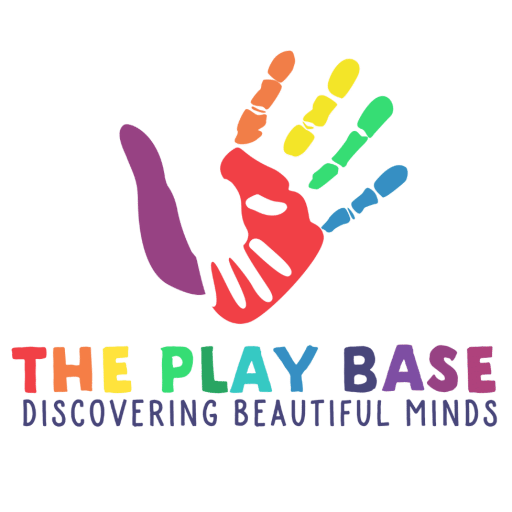ABA therapy in schools is becoming more common as parents, teachers, and school boards look for effective ways to support children with autism and other developmental challenges. Applied Behavior Analysis (ABA) is known for teaching new skills, improving behavior, and building independence. When adapted for school settings, ABA therapy provides tools that help both students and teachers succeed.
ABA Therapy in Schools: How It Supports Teachers and Students
School-based ABA therapy offers structured support inside classrooms. Therapists and teachers collaborate to create consistent routines and strategies that reduce disruptions and improve learning. Students benefit from clear expectations, while teachers gain practical methods for classroom management.
School-Based ABA Therapy: Benefits for Children With Autism
For children with autism, ABA therapy in schools provides:
- Better communication skills
- Increased social interaction with peers
- Support for transitions and routines
- Reduced classroom anxiety
These benefits lead to greater confidence and more meaningful participation in learning.
ABA Therapy and IEP Programs: A Guide for Parents and Educators
Many students with special needs have Individualized Education Programs (IEPs). ABA therapy can be integrated into these plans to create measurable goals. For example:
- Functional communication
- Daily living skills
- Positive behavior strategies
This ensures that ABA techniques are applied consistently across home, school, and therapy settings.
Classroom Success With ABA Therapy: Real Benefits for Students
ABA in classrooms focuses on small, achievable steps. Reinforcement—like praise or rewards—helps students stay motivated. Over time, children build lasting skills in academics, social behavior, and self-regulation.
How Behavioral Interventions Work in Classrooms With ABA Therapy
Behavioral intervention plans are tailored to each student’s needs. These plans may include:
- Visual supports
- Token boards
- Social stories
- Clear consequences and rewards
This structure reduces problem behaviors and makes the classroom more inclusive.
ABA Therapy in Schools Explained: What Parents Should Know
Parents often ask how ABA therapy looks inside a classroom. Here’s what to expect:
- Collaboration between therapists and teachers
- Data collection on progress
- Adjustments based on student performance
- Support for generalizing skills across subjects and activities
School-Based Therapy vs. Clinical ABA Therapy: Key Differences
While clinical ABA therapy often takes place in a center or at home, school-based therapy focuses on academic and social settings. The goal is not only to teach new skills but also to ensure students can apply them in real-life school environments.
ABA Therapy in Education: How Teachers Can Use Behavioral Strategies
Teachers trained in applied behavior analysis in classrooms can use ABA strategies even without a therapist present. These include:
- Breaking tasks into small steps
- Using reinforcement to encourage learning
- Providing clear instructions and feedback
Training helps teachers feel confident in supporting all students.
The Future of ABA Therapy in Schools: Improving Learning and Behavior
As more schools adopt ABA therapy education programs, the potential grows for widespread positive impact. ABA is shaping the future of special education by helping students learn more effectively and by giving teachers tools for success.
Expert insight from Frances Fishman, founder of The Play Base:
“When ABA therapy is used in schools, it creates consistency for children. They feel supported not only at home or in a clinic but in the classroom where they spend so much of their day. This consistency is what allows real growth and independence.”
Take the Next Step
If you’re a parent or educator looking for school-based ABA therapy programs or ways to integrate behavioral intervention plans in schools, The Play Base is here to help. Our team works with families and educators to create customized strategies that bring measurable progress for students.
Contact us today to learn how special education ABA therapy services can support your child’s learning and development.









